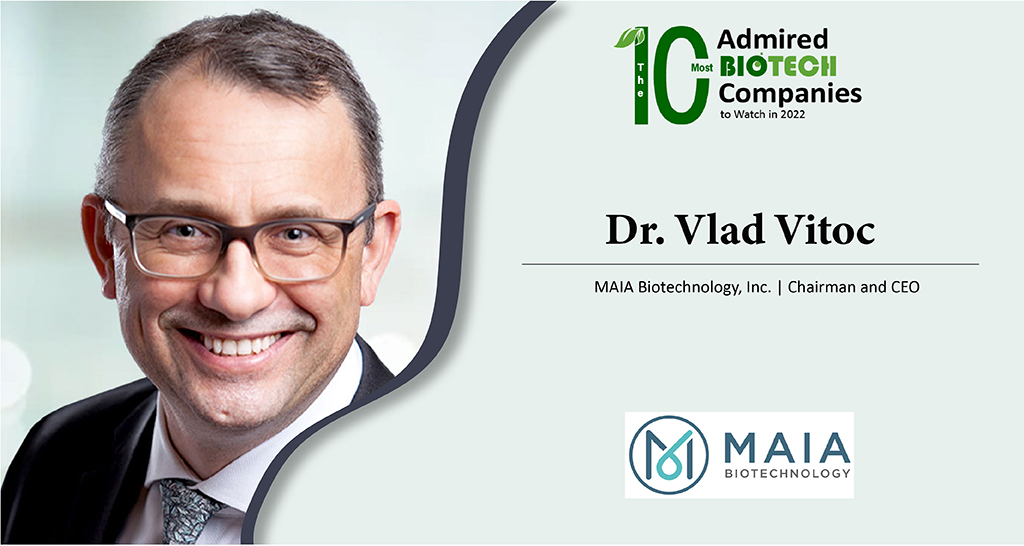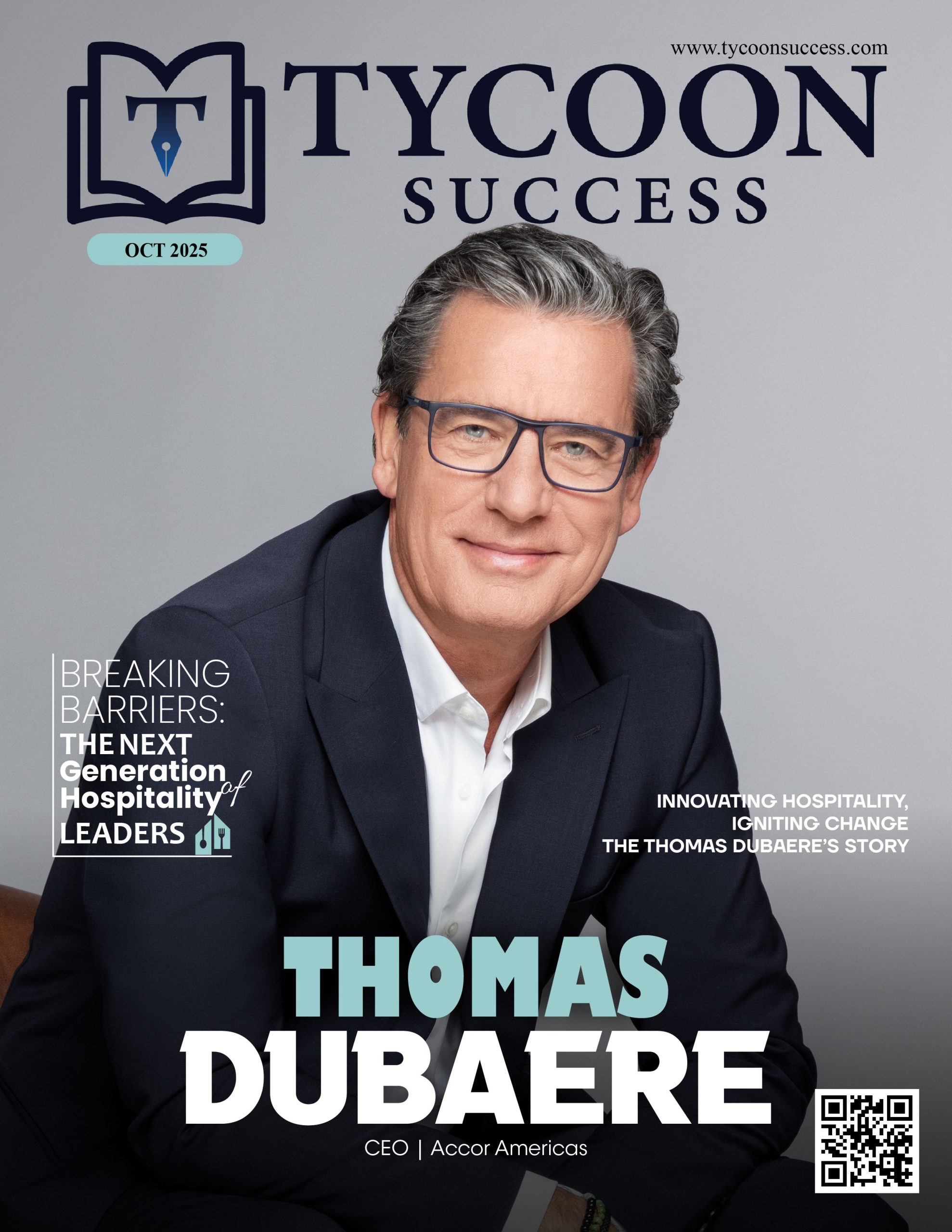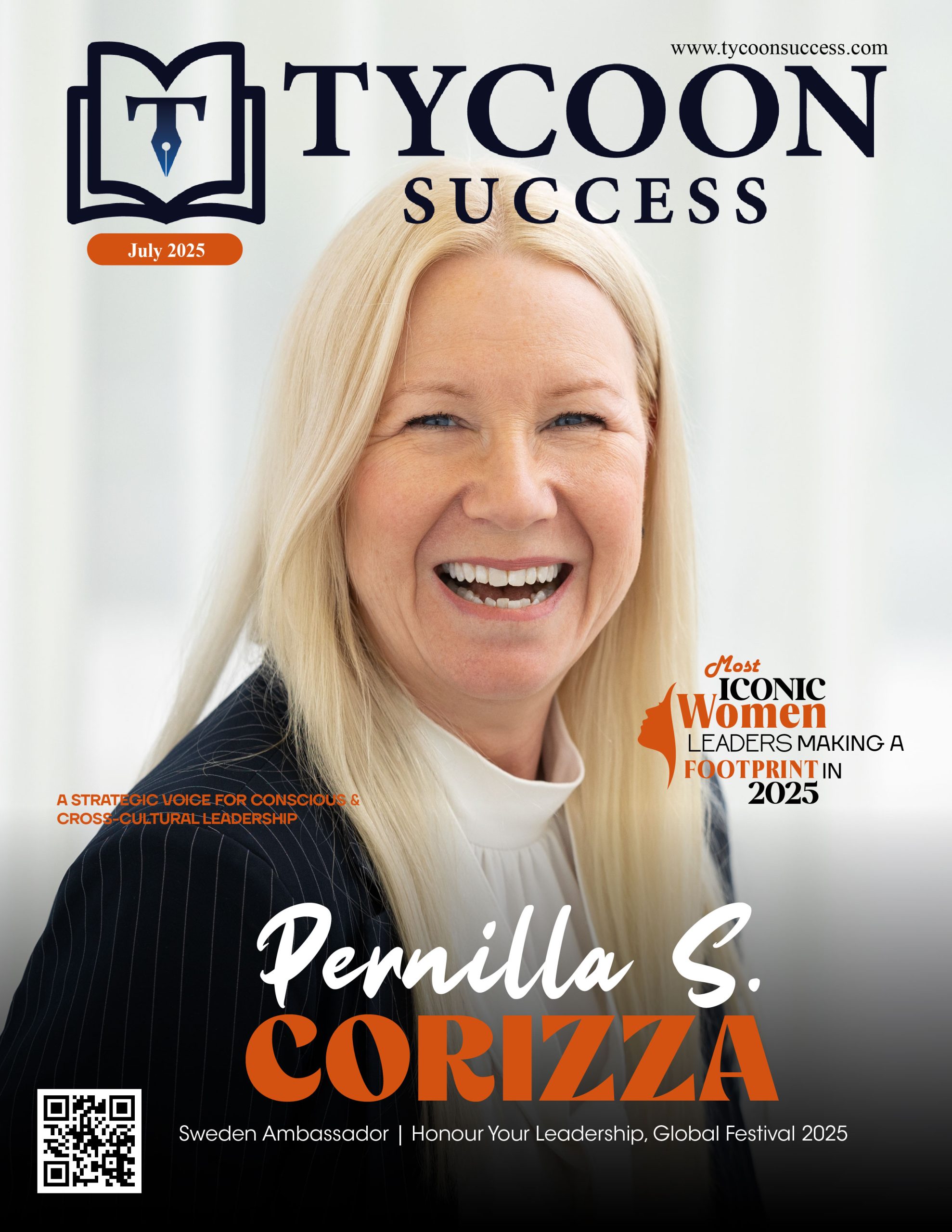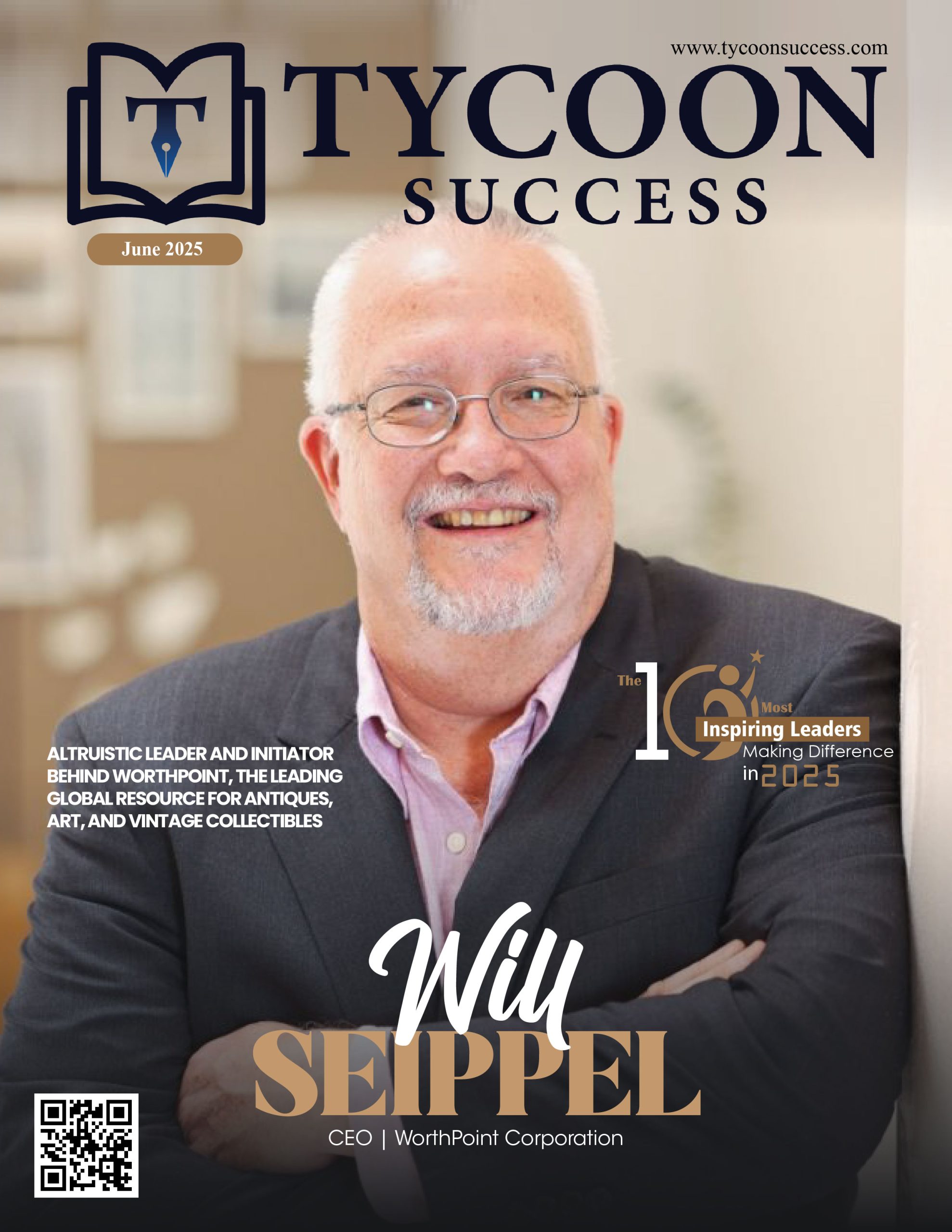Globally, cancer is the second leading cause of death just behind cardiovascular diseases. With more than 15 million cases each year, the cancer burden continues to grow globally, pushing individuals and families towards mental, emotional, and financial strain.
Particularly the health systems in the low and middle-income countries are not prepared to manage the extra burden of cancer, and many cancer patients do not have any access to timely diagnosis and treatment. On the other hand, where healthcare systems are robust, survival rates are growing up due to early detection and better quality treatment.
Cancer is a group of diseases highly correlated with aging, and with the continuous increase in human life expectations, the incidence of cancer increases dramatically. Although the world has seen therapeutic progress in recent decades, not nearly enough has been accomplished. The unmet medical need still remains vast, and with the objective of addressing it comprehensively, MAIA Biotechnology, Inc. was founded in 2018.
The organization is a targeted therapy, immuno-oncology company entirely focused on developing first-in-class drugs with novel mechanisms of action intended to improve and extend people’s lives with cancer meaningfully.
With more than twenty years of experience in oncology, Dr. Vlad Vitoc is the Chairman and C.E.O. of MAIA Biotechnology. Curing cancer has always been a calling in his life. With the mission to find curative effect therapies to improve and extend the lives of cancer patients, he has managed and supported more than 20 early and mature stage compounds, which have included targeted and immune therapies across more than 25 types of tumor, including lung cancer, colorectal cancer, breast cancer, hepatocellular carcinoma, prostate cancer, and renal cell carcinoma.
Dr. Vitoc has received an M.D. from the University of Medicine and Pharmacy, “Iuliu Hatieganu,” Cluj-Napoca, Romania, and his M.B.A. from the University of South Carolina.
The Fundamental Source of Innovation
Dr. Vitoc believes the BioTech industry is the primary source of innovation for various modern medicines. Historically the R.O.I. has been substantially exceeding other industries. Over the last six months or so, the market has undertaken a substantial amount of correction, creating opportunities for another episode of high growth.
With high levels of unmet medical needs and a relatively price-sensitive market, Oncology has become a very important sub-sector of the BioTech industry, resulting in very profitable operations and robust R.O.I., better than any other sub-sectors in the BioTech industry.
On the other hand, MAIA has developed THIO, a first-in-class telomere targeting agent with a very effective immunologic anticancer effect. Currently, the firm is advancing THIO in Phase 2 clinical study in Non-Small Cell Lung Cancer. This will be the first study to test THIO’s immune system activation followed by administration of the checkpoint inhibitor cemiplimab, allowing for the immune activation and PD-1 sensitivity to take effect.
Tackling Challenges
MAIA is a virtual operation, and the leaders have the advantage of using the national and international resource pool to attract and employ talents from all over the planet. So, with employees operating remotely, the pandemic had minimal effect on the company.
However, the pandemic impacted the global supply management chains in unpredictable ways, delaying the firm’s manufacturing process by a few months due to vial shortages.
Dr. Vitoc also believes that one of the most critical challenges is the weak capital markets. He and his team have already prepared MAIA for its I.P.O. and are now waiting eagerly for the reversal of market trends to price and execute.
Mission and Vision
MAIA’s vision is to become the first BioTech company to commercialize telomere targeting agents and develop a franchise of increasingly more effective agents, which will eventually help it evolve into a fully integrated global BioTech company.
As the organization’s leader, Dr. Vitoc says, “Our mission is to research, develop, and deliver innovative medicines to improve and extend people’s lives with cancer. Our focus is on telomere targeting agents, a therapeutic class in which MAIA are leading the field.”
Future Roadmap
Thanks to THIO’s vast applicability and ability to work on telomerase-positive cells, MAIA plans to develop THIO for multiple tumor types.
The firm’s THIO-101 trial is in Non-Small Cell Lung Cancer, the largest tumor type market in the world. MAIA is currently planning for its approval and commercialization in the U.S. by 2025. The organization also plans to partner with large international pharmaceutical companies.
While THIO- 102 trial is in a salvage setting in Colorectal Cancer, Liver Cancer, and Small Cell Lung Cancer. On the other hand, the THIO-103 trial is the first line of therapy in 9 tumor types.
MAIA is also developing the next generation of telomere targeting agents. The first two agents provide an incredible amount of efficacy in preclinical models and will be following THIO to the market in the next 3-5 years. Also, in 2022-24, the firm’s entire emphasis will be on building its Research and Development capabilities. In 2025 the firm plans to add commercial capabilities to become a fully integrated U.S. BioTech company.
Dr. Vitoc says, “With THIO, we have a tremendous opportunity in front of us: we have launched an exciting clinical pipeline, including a well-known strategic partner in Regeneron. THIO is the only telomere-targeting agent in the world.”
The best part of THIO is the ability to use it in a sequential combination with existing immune therapies. It has a novel dual mechanism of action, which provides direct telomere targeting and immunogenic effect, making existing drugs far more effective. With its accomplished management team navigating, MAIA Biotechnology direction and development of assets, the firm is developing next-generation candidates to complement its platform.







